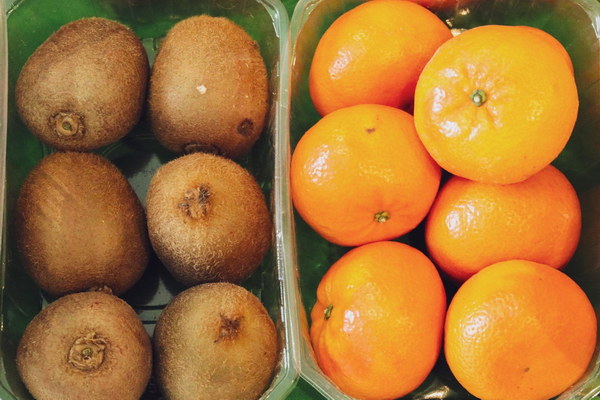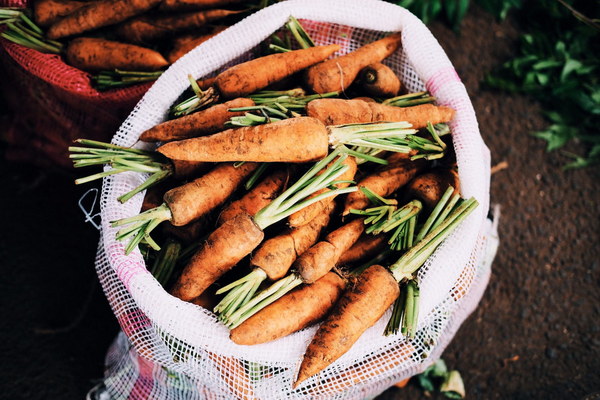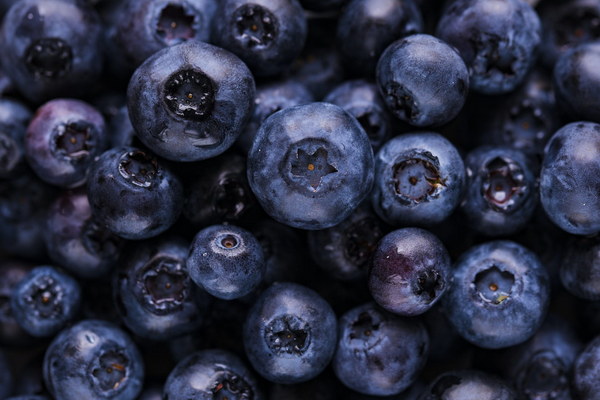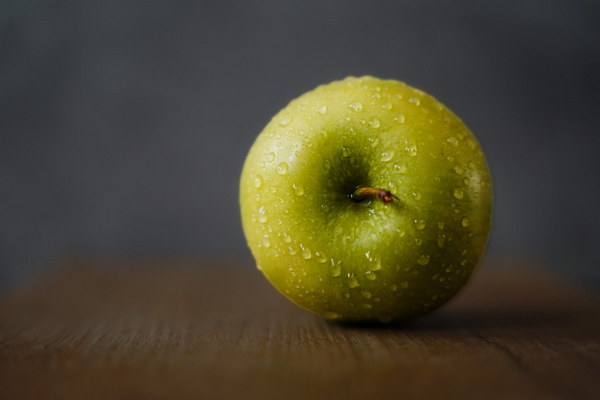Zisu A Double-Edged Sword in Chinese Medicine - Benefiting or Aggravating Dampness
In the realm of Chinese medicine, zisu, also known as Perilla frutescens, has long been a subject of debate. While some practitioners believe that it helps alleviate dampness, others argue that it may actually contribute to it. This article aims to shed light on this controversy, exploring whether zisu is a dampness-buster or dampness-maker.
Zisu, a leafy herb with a distinct aroma, is widely used in Chinese herbal medicine. It is believed to possess various health benefits, including alleviating cough, reducing fever, and improving digestion. However, its role in dampness management remains a hot topic among practitioners.
Proponents of zisu as a dampness-buster argue that it has the ability to clear dampness from the body. They explain that dampness is a common ailment in traditional Chinese medicine, characterized by symptoms such as fatigue, edema, and a heavy, greasy feeling. Zisu is believed to help eliminate this dampness by promoting diuresis and improving the body's metabolism.
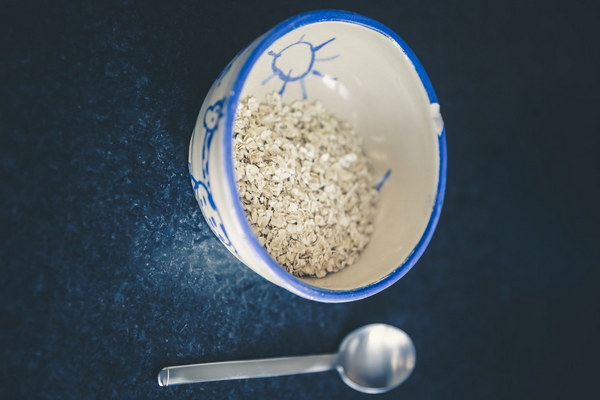
According to these practitioners, zisu contains natural compounds that can enhance the body's elimination of dampness. For instance, it contains rosmarinic acid, a compound that has been shown to have anti-inflammatory properties. This may help reduce the swelling and discomfort associated with dampness-related conditions.
Moreover, zisu is believed to have a cooling effect on the body. This cooling property is thought to help dissipate dampness, thereby alleviating symptoms such as edema, fatigue, and bloating. As a result, zisu is often used in herbal formulas designed to treat damp-heat disorders.
On the other hand, critics argue that zisu may actually contribute to dampness in certain individuals. They point out that zisu has a sweet and slightly cold nature, which can potentially exacerbate dampness in some cases. They explain that individuals with a constitution prone to dampness may experience worsened symptoms after consuming zisu.
These critics suggest that zisu's potential dampness-aggravating effects are due to its cooling nature. While this cooling effect may be beneficial for those with heat-related dampness, it can be detrimental for individuals with cold or dampness-prone constitutions. In such cases, zisu may lead to further dampness accumulation, resulting in symptoms such as diarrhea, cold limbs, and fatigue.
To determine whether zisu is a dampness-buster or dampness-maker for an individual, it is essential to consider their specific constitution and health condition. A qualified Chinese medicine practitioner can assess these factors and recommend the appropriate dosage and usage of zisu.
In conclusion, zisu remains a double-edged sword in Chinese medicine when it comes to dampness management. While it has the potential to alleviate dampness in some individuals, it may also contribute to dampness in others. It is crucial to consult a knowledgeable practitioner before incorporating zisu into one's treatment plan. By doing so, individuals can harness the benefits of zisu while minimizing the risk of adverse effects.
